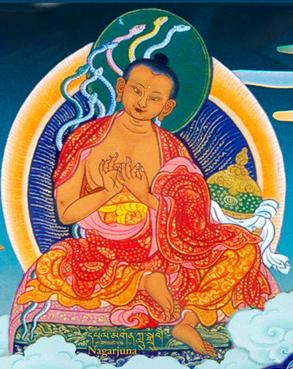
XXVI.1.
By those actions it, ” what is hidden by ignorance” goes forward.
XXVI.2.
When consciousness is begun, the “name-and-form’- (namarupa) is instilled.
XXVI.3.
Having arrived at the six domains of sense perceptions, the process of perception begins to function.
XXVI.4.
Presupposing “name-and-form.”
XXVI.5.
That is sensual perception; and from perception, sensation begins to function.
XXVI.6.
Certainly a person craves for the sake of sensation. The one who craves acquires the four-fold acquisition(upadana) namely sexual pleasure, false views, ascetic morality and vows, and the doctrine of self-existence.
XXVI.7.
If he were someone without acquisition, that being would be released, and would not exist.
XXVI.8.
Growing old, dying, sorrow (dukkha), etc., grief and regrets,
XXVI.9.
That “produced being” is a single mass of sorrows (dukkha).
XXVI.10.
The one who constructs is ignorant; the wise person is not one who constructs because he perceives true reality.
XXVI.11.
A person’s cessation of ignorance proceeds on the basis of “becoming” enlightened through knowledge.
XXVI.12.
That single mass of sorrow (dukkha) is thus completely destroyed.
Source: Orientalia




